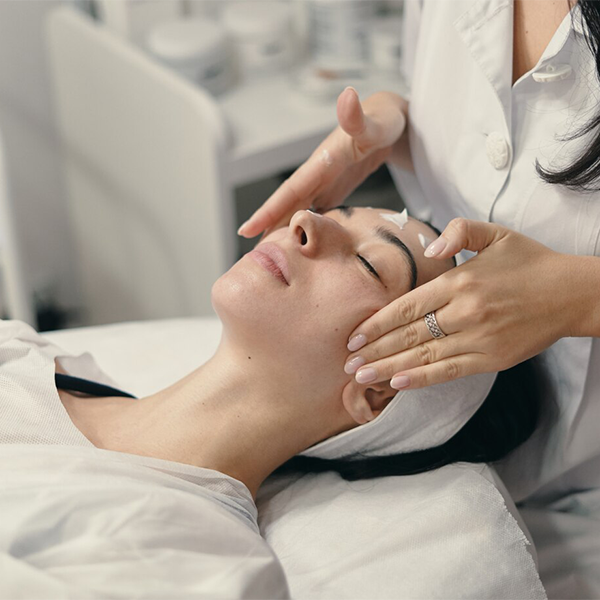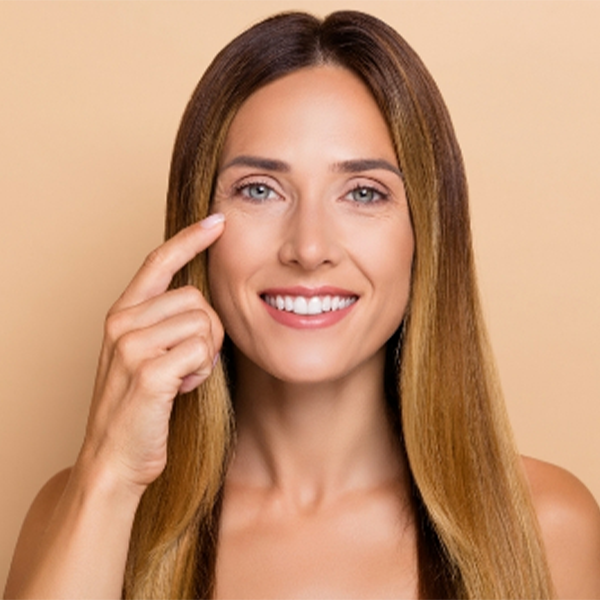Hello Hydration NJ:
Face Acne
Introduction
Understanding Facial Acne
Revitalize your complexion and reclaim your confidence by tackling facial acne. In this comprehensive guide, we’ll explore the various facets of facial acne, including its causes, treatment options, preventive measures, and the potential for rejuvenating your appearance through effective skincare practices.
Facial acne, a common dermatological condition, manifests as pimples, blackheads, and whiteheads on the face. It can impact individuals of all ages and genders, often leading to concerns about appearance and self-esteem. Understanding the factors contributing to facial acne is essential for developing an effective treatment plan.

Causes of Facial Acne
- Excess Sebum Production Overactive sebaceous glands produce an excessive amount of sebum, which can clog pores and contribute to acne formation.
- Clogged Pores Dead skin cells and bacteria can accumulate in pores, leading to inflammation and the development of acne lesions.
- Professional Procedures Dermatological procedures like chemical peels, microdermabrasion, or laser therapy can complement topical and oral treatments by targeting acne lesions and improving overall skin health.
- Skincare Routine Establishing a consistent skincare routine with gentle cleansing, exfoliation, and hydration can help maintain skin balance and minimize acne flare-ups

Potential Risks and Side Effects
While Medical Weight Loss Neurotoxin Treatment is generally safe, it may entail some potential risks and side effects, including:
- Temporary Swelling, Bruising, or Redness at the Injection Sites
- Nausea or Upset Stomach
- Rare Complications such as Allergic Reactions or Nerve Damage
Preventive Measures for Facial Acne
- Cleanse Regularly: Wash your face twice daily with a gentle cleanser to remove excess oil, dirt, and bacteria.
- Avoid Harsh Products: Use non-comedogenic skincare products to prevent pore blockage and minimize irritation.
- Hands Off: Refrain from touching or picking at acne lesions to avoid spreading bacteria and causing further inflammation.
- Healthy Lifestyle: Maintain a balanced diet, stay hydrated, manage stress levels, and get adequate sleep to support overall skin health.









